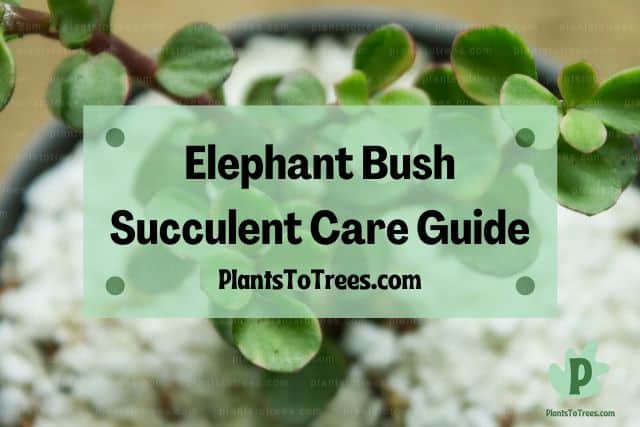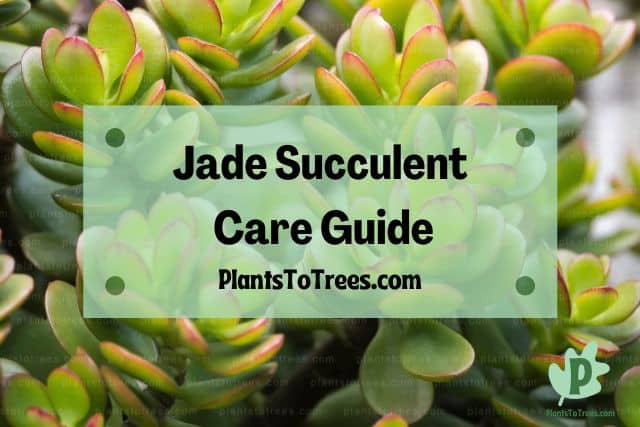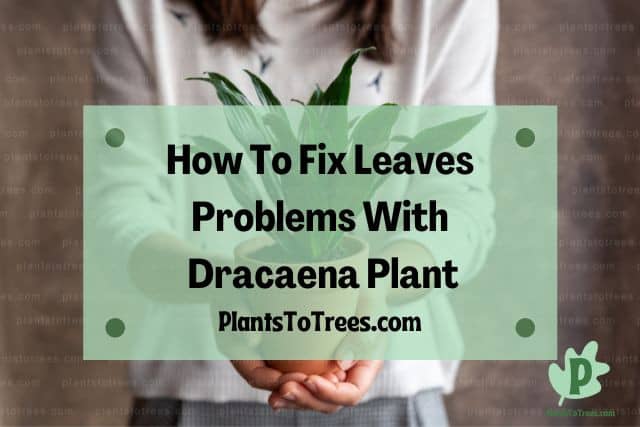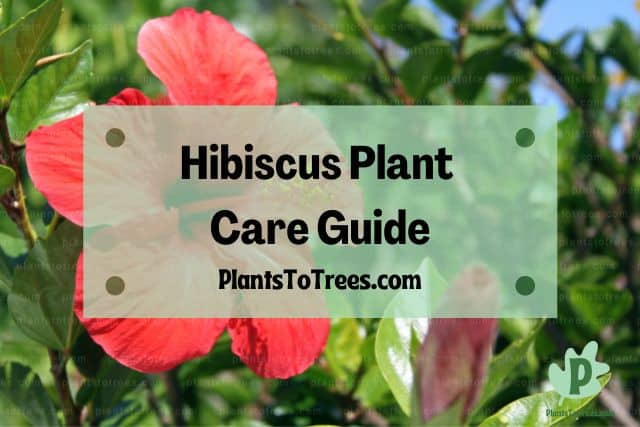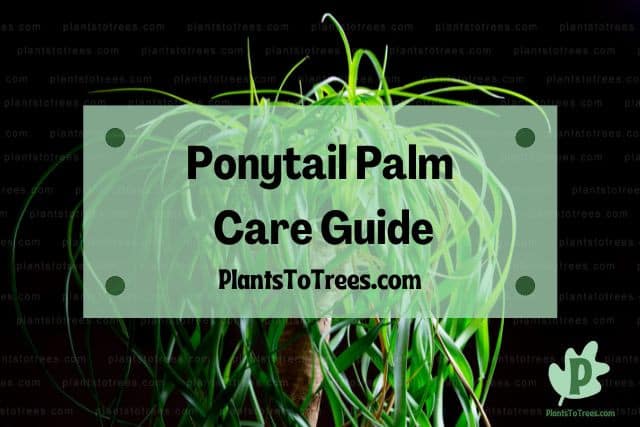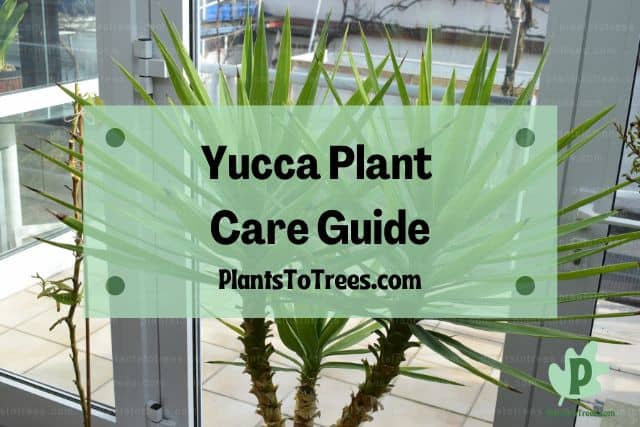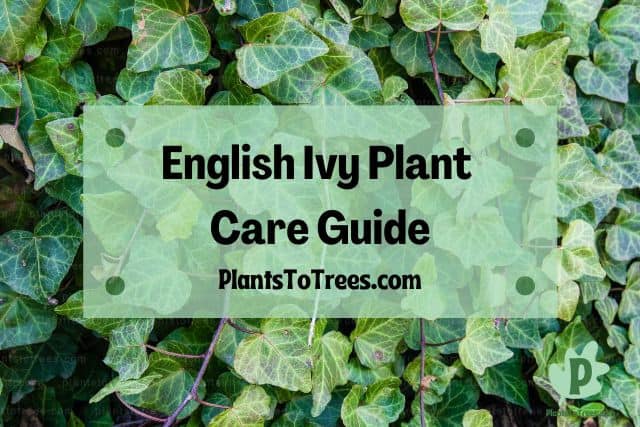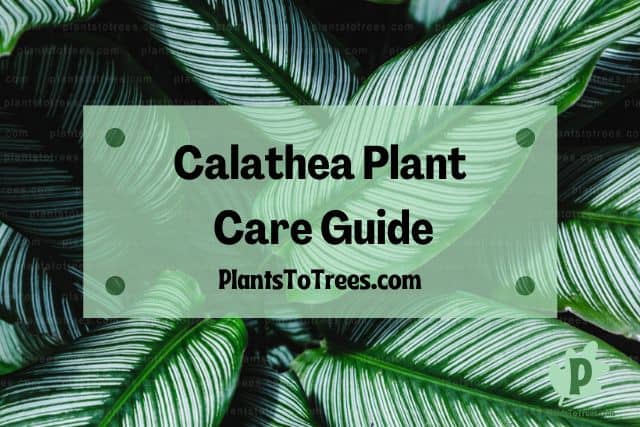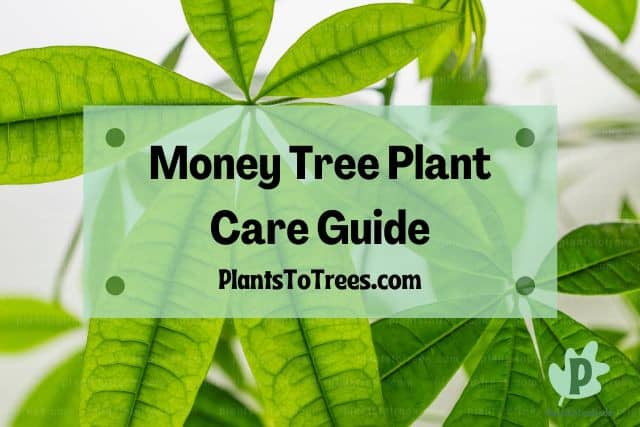Elephant Bush Succulent Care Guide
The elephant bush succulent is not toxic to cats and is actually edible. With that said, however, this plant looks extremely similar to the jade plant, which is toxic to cats. Consuming the toxic jade plant can cause gastric distress, heartbeat irregularities, and other serious symptoms.

